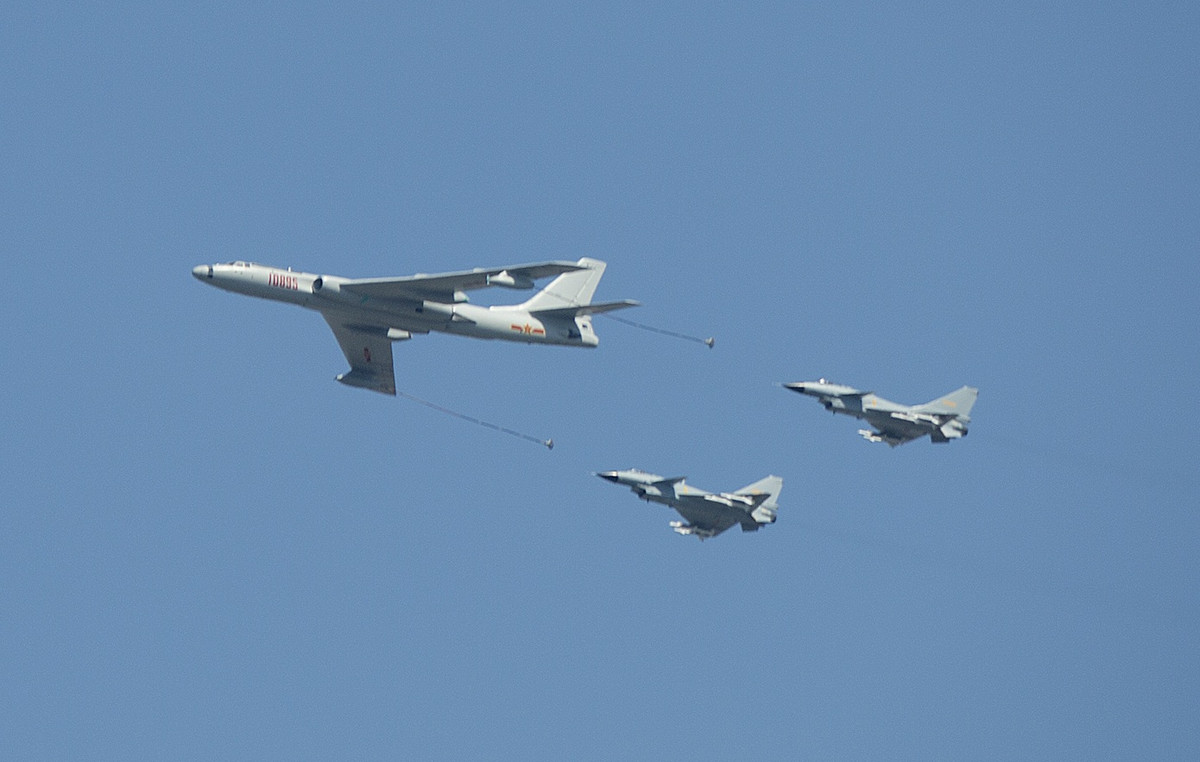Hamas’s choice of a hardline political leader provided little comfort to displaced and hungry Gazans seeking a way out of the crisis after nearly 10 months of war on Wednesday (7).
The Palestinian militant group named Yahya Sinwar to lead its political cabinet on Tuesday (6), replacing Ismail Haniyeh, who was killed in Tehran in an attack last week. Iran blamed Israel, which neither confirmed nor denied any responsibility.
The move consolidates power within the organization led by Sinwar, who until this week was the head of Hamas in Gaza.
Sinwar, a militant who spent many years in an Israeli prison, is seen as less compromised in relations with Israel and closer to Iran than his predecessor. He is accused by Israel of masterminding the October 7 attack and is believed to be hiding in a tunnel in Gaza.
“I am surprised by this move,” said Hatem Mohammed, 47, a retired civil servant with the Palestinian Authority in Gaza, which is run by Fatah, a rival group to Hamas.
“It is a hasty, irrational and reactionary move in response to Haniyeh’s assassination. They (Hamas) know internally that he is not fit for the job. He is an emotional and hasty person.”
The situation in Gaza, he told CNN needs a leader who “knows politics” like “Haniyeh, (former political leader Khaled) Meshaal or (senior Hamas member) Mousa Abu Marzook.”
“This appointment sends a message that the war will continue. I don’t know what they were thinking,” said Mohammed, who said he lost five members of his family in the war and is suffering from food poisoning.
Israel’s war in Gaza has killed more than 39,000 people in the enclave, according to Palestinian authorities.
Meanwhile, Sinwar is believed by US authorities to be hiding underground, possibly surrounded by Israeli hostages as human shields.
Sinwar’s appointment has cast uncertainty over the future of ceasefire negotiations with Israel, which would also result in the release of Israeli hostages and Palestinian prisoners.
Sinwar is considered more hard-line and less vulnerable to pressure from Arab nations than Haniyeh, who lived in Qatar.
‘Death is the same’
“We don’t care who they appoint (as leader). The names are many, but the death is the same. All they have brought us is destruction,” said Ismail Jalal, a father of two in northern Gaza who is struggling to find food for his sick children.
“All we ask for is a ceasefire. Someone who will be able to reach an agreement and save what is left of our people and the children who are dying daily… someone who can practice self-control, without empty words,” Jalal added.
Abu Fadi Rafeeq, from Beit Lahia, northern Gaza, and displaced in Khan Younis, said the decision to appoint Sinwar was “reckless”. The new leader is “stubborn” and “will let the entire population die just to be able to keep his word”, he said.
“He doesn’t suffer like I do. He doesn’t starve like I do. He didn’t lose his entire family like I did,” Rafeeq shared with CNN adding that he lost 38 members of his family, including his parents, his two sisters and their children, and two of his brothers’ wives.
“I lost everything. My home, my soul and my family,” he continued.
Israel launched the war in retaliation for an attack by Hamas-led militants on Israel on October 7 that killed 1,200 people and kidnapped more than 250, Israeli officials said.
Although some Gazans are unhappy with the choice of Hamas’ new political leader, there are indications that support for the organization remains significant in the enclave.
Elections in Gaza face multiple challenges, including population displacement, people’s reluctance to publicly criticize Hamas, and personal security risks in times of war.
But a survey conducted by the Palestinian Center for Policy Research and Studies between May 26 and June 1 in the West Bank and Gaza showed that only 8 percent of Gazans blame Hamas for their suffering, with two-thirds blaming Israel.
Of those surveyed in Gaza, 46 percent supported Hamas returning to power in the enclave after the war. Satisfaction with Hamas’ performance stood at 64 percent and Sinwar’s at 50 percent.
“He is the best choice to lead the next phase,” said Abu Ali, a wounded Gazan who claimed to be a Hamas fighter. “He is the only one who has gone through and lived through this ordeal,” he added.
Abbas Al Lawati, from CNN contributed to this article.
Source: CNN Brasil
Bruce Belcher is a seasoned author with over 5 years of experience in world news. He writes for online news websites and provides in-depth analysis on the world stock market. Bruce is known for his insightful perspectives and commitment to keeping the public informed.







